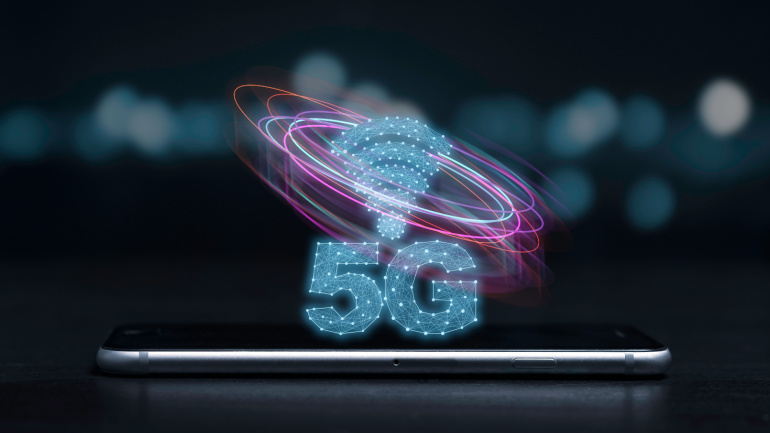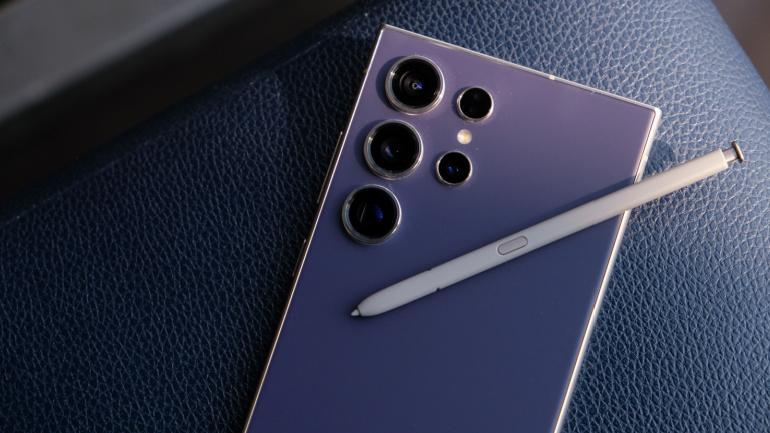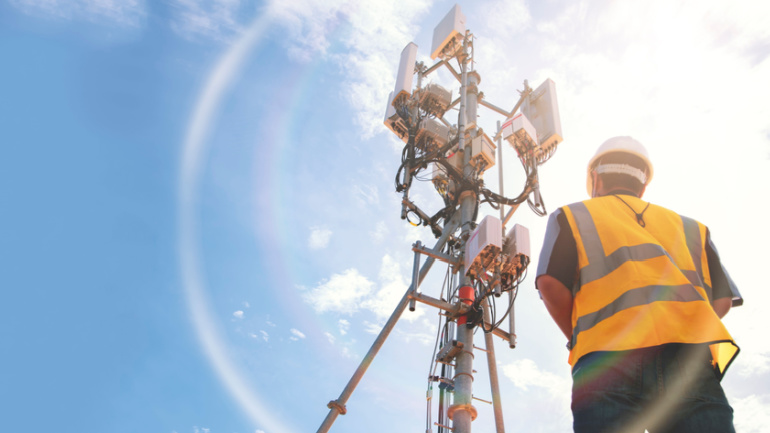Recognizing the growing demand for mid-band spectrum, the International Telecom Union (ITU) appends new frequency bands for 5G usage. A significant addition was the 6GHZ spectrum, which is anticipated to facilitate the 5G evolution. Multiple global operators have conducted successful tests, making strides toward a seamless shift to 5G-Advanced. This advancement not only opens a myriad of industry opportunities but also promises an improved user experience potentially comparable to the fiber experience.
In a strategic move to enhance the appeal of its smartphones, South Korean tech giant Samsung has joined forces with Google and Qualcomm, marking a significant collaboration in the tech industry. The focus of Samsung’s latest Galaxy S24 series launch lies in the integration of generative AI, a result of the newfound partnership with Google Cloud.
China finished building the first launchpad at its Wenchang spaceport for the Long March 8 rocket. OmniOn Power’s Intelligent Distribution Bay addresses the growing challenges in the telecom and data center industry by providing real-time monitoring. Infobip launched AI Hub, an advanced upgrade integrating analytics, AI, and gen AI features to facilitate seamless end-to-end conversational experiences. CallTower joined the International Trade Council, reinforcing its dedication to excellence in Cloud Communications. The US government granted $50 million to Dish for the Open RAN Center for Integration & Deployment (ORCID), aimed at enhancing the global Open RAN ecosystem.
The future of high-quality broadband access hinges on fiber investment, with interest spanning government, media, and network operators. Its value is in optimization, sustainability, and compatibility with the future. This technology could reshape industries, from education to smart city initiatives. The European Commission’s ambitious Digital Deco 2030, aiming to extend gigabit services to its entire populace by 2030, reflects global recognition of broadband’s potential in economic growth. Nevertheless, the disparity in gigabit-digital access remains a concern, prompting a focus on all-optical fiber networks. This reality becomes evident with Omdia’s Fiber Development Index (FDI), offering a diverse range of fiber investment metrics.
As Great Wall Motors’ subsidiary, EA, surges ahead in the sphere of intelligent equipment and automated production, one can’t help but note its acceptance of a 5G advanced network, shaking off constraining wired networks of yore. The move is tipping the scales in favor of increased efficiency and dependability in the production line, opening a new chapter in China’s modernization.
First Orion introduces SENTRY™, combatting fraudulent calls and preserving brand integrity. CO-OP KINKI enhances customer security with Vonage’s 2FA technology for online shopping. Cloud communications market soars, set to reach $180.7 billion by 2027. T-Mobile shifts users to pricier plans, raising concerns over rate plan commitments.
The European Commission is urging member states to conduct shared risk assessments in key tech realms including advanced semiconductors, AI, quantum tech, and biotech. Amidst the cloud of geopolitical tech skirmishes, EU stands poised to protect sensitive technologies and is resolved not to preemptively decide on any corrective measures. Only time will reveal the Commission’s next steps after risk assessments.
The Ethiopian government is once again inviting global operators to bid for its lucrative telecom license, stirring intrigue within the global telecom community. Will the Ethiopian Communications Authority’s (ECA) revamp strategy succeed this time, especially considering the previous subpar offers? While this market opportunity boasts a burgeoning economy and promising regulatory developments, interested parties face rigorous competition and potential operation setbacks.
In this dynamic digital era, telecom stakeholders are exploring innovative ways to connect people, homes, industries with machines and vehicles. Huawei’s Li Peng emphasizes creating value with 5G, citing its ability to deliver higher traffic, extensive connectivity, reliable latency, and multifaceted cloud services.
Open RAN Revenue Growth Slows Global Open RAN revenues saw a 10-20 percent growth in Q1 2023, while the vRAN market expanded by 20-30 percent, according to Dell’Oro’s report. However, this growth is slower than the previous year, mainly due to a decline in North America. The Asia Pacific region performed well and offset the North American decline. Despite the slowdown, Dell’Oro remains optimistic about Open RAN, expecting it to account for 6-10 percent of the global RAN market in 2023. On the other hand, Dell’Oro has lowered its full-year outlook for multi-access edge computing (MEC) by over 20 percent, citing a slowdown in China’s 5G market and subdued enterprise interest. Read the full article. Cisco Partners with the Greater Manchester Digital Security Hub Cisco has partnered with the Greater Manchester Digital Security Hub (DiSH) to enhance cybersecurity in the region. Cisco’s Country Digital Acceleration (CDA) program will focus on…













